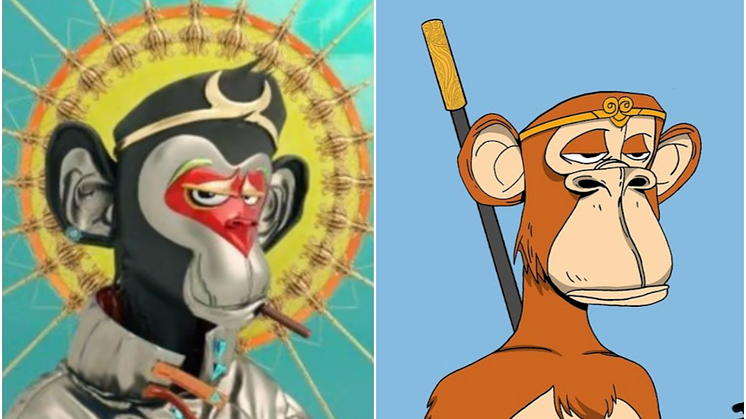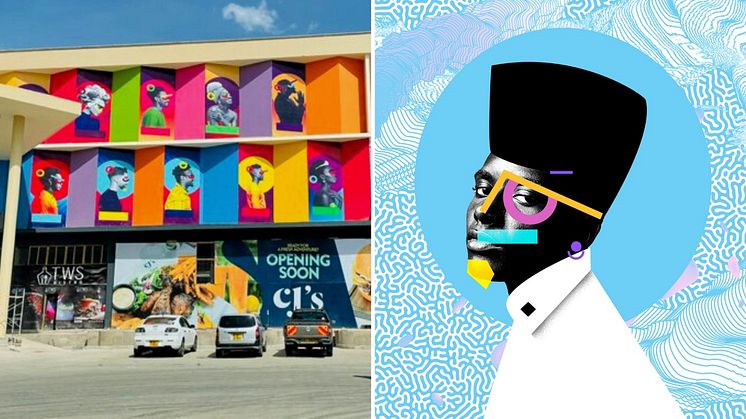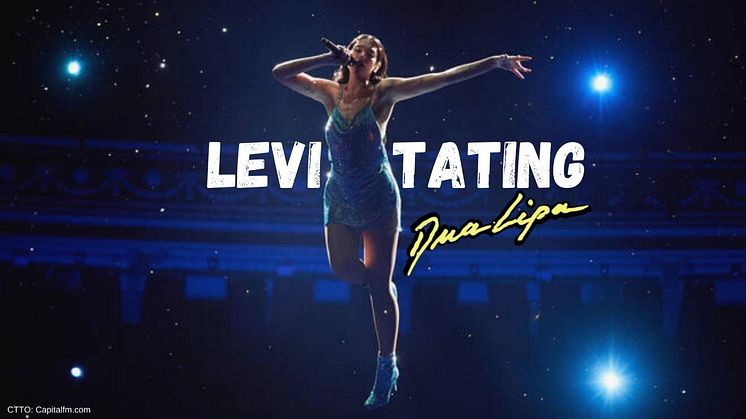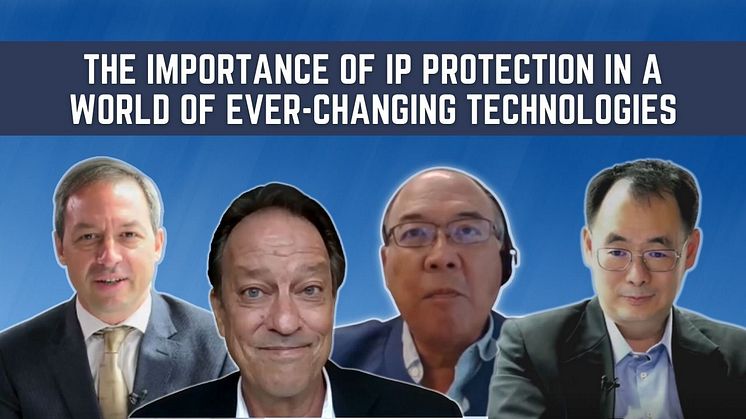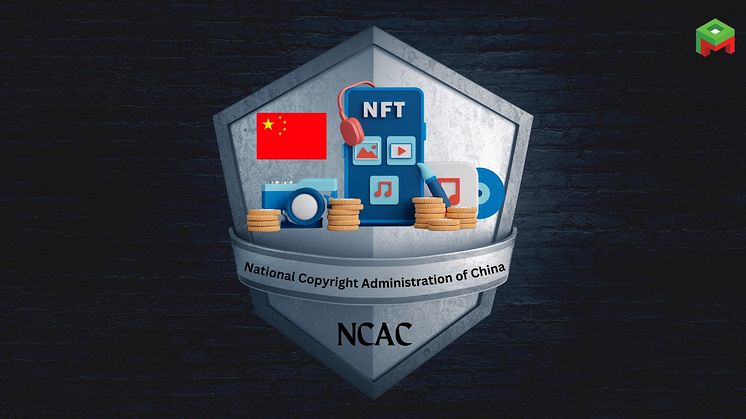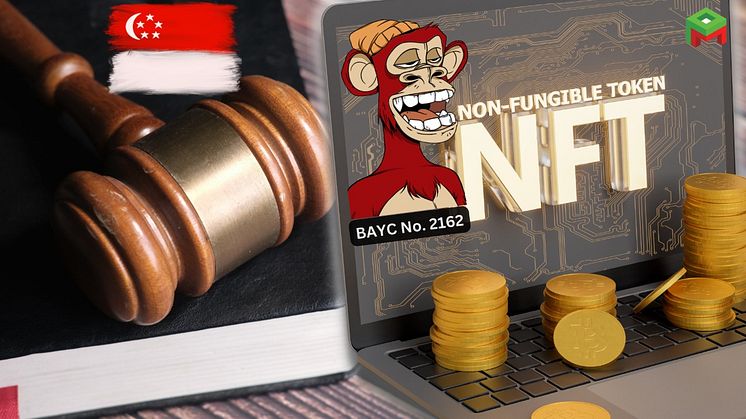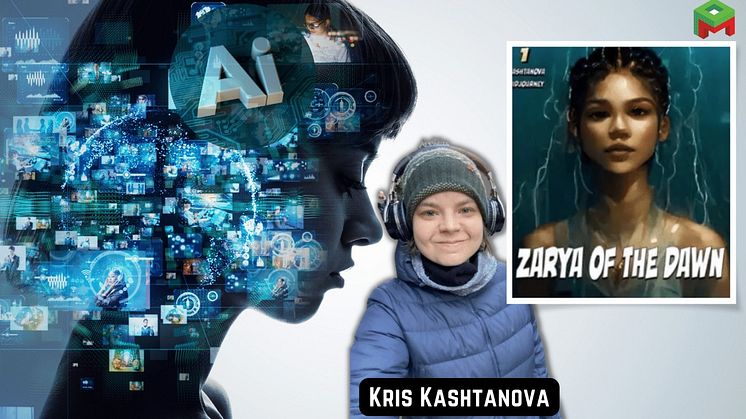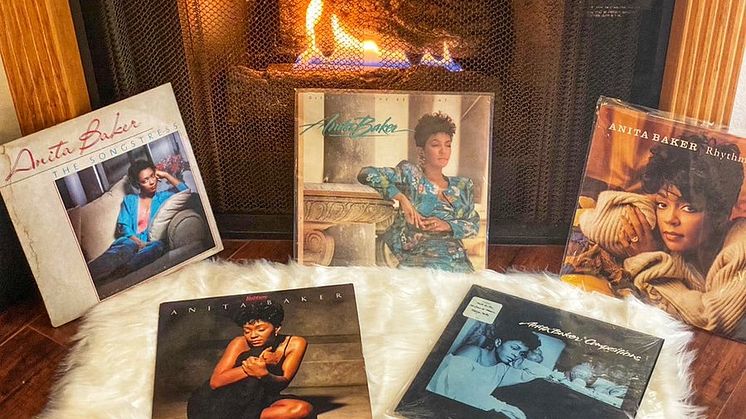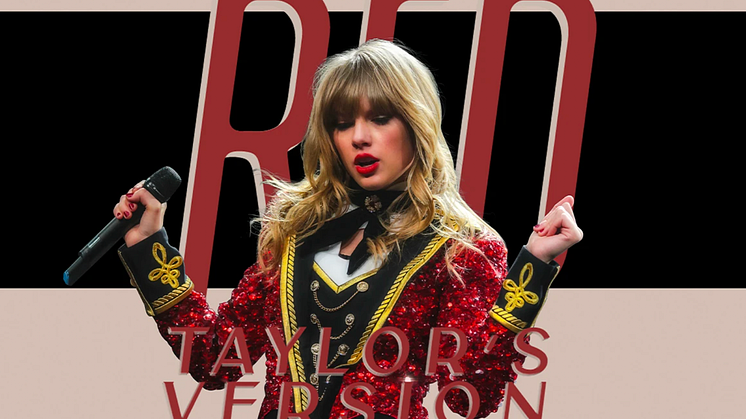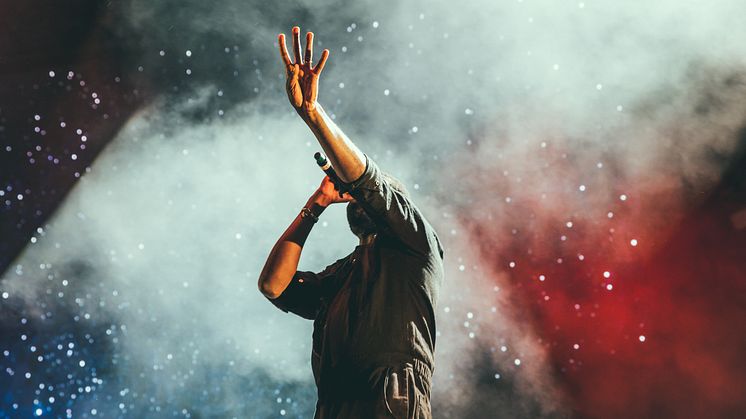
News -
NFTs are the latest frontier in musicians’ long battle to gain control over their IP
In the music business, the ownership of intellectual property has often been a controversial subject, and that’s all because of the lopsided balance of control. In short, record companies tend to seize most of the control. But that might change, if start-ups pushing ownership models based on non-fungible tokens (NFTs) take off.
In the short amount of time that NFTs have become a trending topic, this concept of digital ownership built on the blockchain has become quite a controversial topic, especially in cases where industries are perceived as using them in an exploitative way to squeeze more money out of their customers. In the music world, however, some start-ups are trying to use NFTs to overturn the traditional relationship between artists and record labels.
Under the current system, labels give artists the resources to record their music, and also distribute and market this music. As a result, they also tend to own the lion’s share of the profits generated by this music.
This remains true even in the age of streaming platforms, which has become a significant new source of revenue generation for labels with extensive back catalogs. Meanwhile, the revenue that artists earn from such platforms are generally negligible.
As Platformer reports, start-ups like Royal are trying to cut the record company out of the equation totally. The business model they propose would enable fans to buy partial ownership of an artist’s work through NFTs, and thus allow them the possibility of earning future profits if the song they own a piece of becomes a hit.
There are several potential upsides to this framework. As Platformer notes, giving this control to artists and fans could create a more equitable and sustainable livelihood for artists, and incentivise the creation of more diverse music. These factors also means this particular use of NFTs don’t have that mercenary whiff that is already making many people wary of this craze. Will the battle for creative and commercial control finally be settled in favour of the artists? Only time will tell.
PitchMark helps innovators deter idea theft so that clients get the idea but don’t take it. Visit PitchMark.net and register for free here https://pitchmark.net/client/register.php

